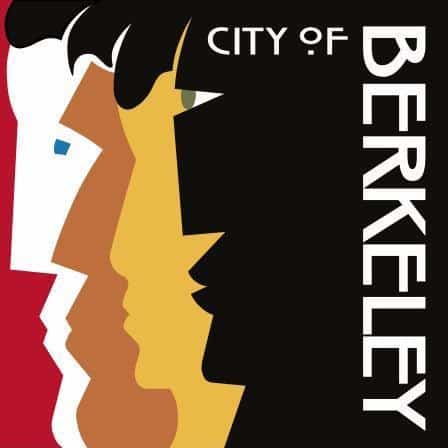The First Amendment Protects the Right Not to Speak

 The City of Berkeley requires that all cell phone retailers inform customer that they may exceed federal government guidelines for radio frequency exposure if they carry their cell phone in their pocket. The clear implication of this disclosure requirement is to make people think cellphones are potentially dangerous products, but there is no evidence of this at all. The federal guidelines are 50 times below any observed biological effects. The cell phone retailers would prefer not telling customers their products are dangerous, when they are not, and filed this lawsuit to declare the Berkeley ordinance unconstitutional.
The City of Berkeley requires that all cell phone retailers inform customer that they may exceed federal government guidelines for radio frequency exposure if they carry their cell phone in their pocket. The clear implication of this disclosure requirement is to make people think cellphones are potentially dangerous products, but there is no evidence of this at all. The federal guidelines are 50 times below any observed biological effects. The cell phone retailers would prefer not telling customers their products are dangerous, when they are not, and filed this lawsuit to declare the Berkeley ordinance unconstitutional.
The Supreme Court has in the past allowed required disclosures that are purely factual, uncontroversial, and “reasonably related to the State’s interest in preventing deception of consumers.” The Ninth Circuit Court of Appeals held that this ordinance is constitutional by redefining that standard. Instead of uncontroversial, the Ninth Circuit held that the statements must be factually true on a line by line basis, rather than considering the disclosure as a whole. Additionally, the Ninth Circuit held that disclosures that were not for the purpose of preventing deception of consumers were valid as long as there was some “more than trivial” government interest.
Earlier today the Competitive Enterprise Institute, along with Cause of Action, joined the Cato Institute’s amicus brief in asking the Supreme Court to review the Ninth Circuit decision in this case, CTIA v. Berkeley. The Ninth Circuit should have considered the “message of the disclosure as a whole” when evaluating if it was uncontroversial, not line by line. The Ninth Circuit should have also apply what is called “strict scrutiny,” as this is an infringement of the freedom of speech. Strict scrutiny would require that the government’s interest be compelling, not merely “more than trivial” as the Ninth Circuit held.
Sadly many governments, at all levels, are starting to use required disclosures to push political agendas. For instance, Vermont sought to compel food and dairy manufacturers to “warn” consumers about their methods for producing milk, that the Food and Drug Administration had already determined are safe. Illinois had required warnings about sexually explicit video games, and California tried that with violent video games, before the Supreme Court struck down the statute under the First Amendment. Many local governments are abusing disclosure rules because it costs the local government nothing, and they still get to push their ideological message. This will continue, and get worse, if the Supreme Court doesn’t stop it. This case presents the perfect opportunity to do so.
The City of Berkeley had waived their response to the petition, but as we were filing our brief the court asked for a response from Berkeley by March 1st. We are glad to see that the court is taking this petition seriously.